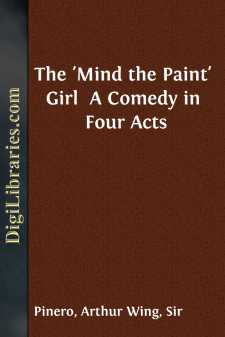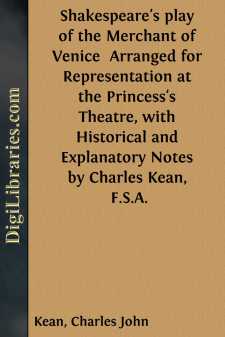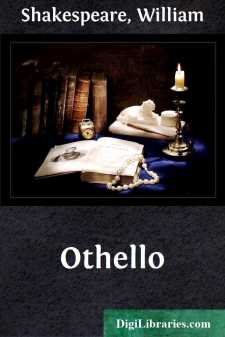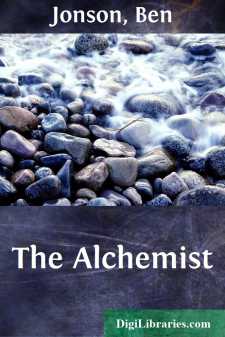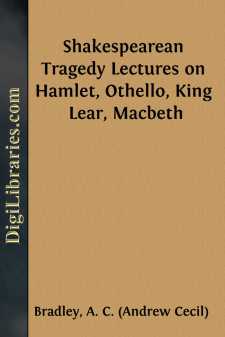Drama Books
Sort by:
THE FIRST ACT The scene is a drawing-room, prettily but somewhat showily decorated. The walls are papered with a design representing large clusters of white and purple lilac. The furniture is covered with a chintz of similar pattern, and the curtains, carpet, and lamp-shades correspond. In the wall facing the spectator are two windows, and midway between the windows there is the entrance to a...
more...
by:
Bernard Shaw
ANNAJANSKA is frankly a bravura piece. The modern variety theatre demands for its "turns" little plays called sketches, to last twenty minutes or so, and to enable some favorite performer to make a brief but dazzling appearance on some barely passable dramatic pretext. Miss Lillah McCarthy and I, as author and actress, have helped to make one another famous on many serious occasions, from Man...
more...
ACT I. Various groups of Nobles, Citizens, Merchants, Foreigners, Water-Carriers, Flower Girls, &c., pass and repass. Procession of the Doge, in state, across the square. ANTONIO, SALARINO, and SALANIO come forward. Ant. In sooth, I know not why I am so sad;It wearies me; you say, it wearies you;But how I caught it, found it, or came by it,What stuff 'tis made of, whereof it is born,I am to...
more...
ACT IV SCENE I. Cyprus. Before the Castle. [Enter Othello and Iago.]IAGOWill you think so? OTHELLO Think so, Iago? IAGO What,To kiss in private? OTHELLO An unauthoriz'd...
more...
by:
Ben Jonson
INTRODUCTION The greatest of English dramatists except Shakespeare, the first literary dictator and poet-laureate, a writer of verse, prose, satire, and criticism who most potently of all the men of his time affected the subsequent course of English letters: such was Ben Jonson, and as such his strong personality assumes an interest to us almost unparalleled, at least in his age. Ben Jonson came of the...
more...
LECTURE I THE SUBSTANCE OF SHAKESPEAREAN TRAGEDY The question we are to consider in this lecture may be stated in a variety of ways. We may put it thus: What is the substance of a Shakespearean tragedy, taken in abstraction both from its form and from the differences in point of substance between one tragedy and another? Or thus: What is the nature of the tragic aspect of life as represented by...
more...


